Network partner, Seven Investment Management talk about the importance of family business owners having a sound exit strategy in this month’s blog:
“Advice to entrepreneurs usually focuses on growth – raising finance, taking on staff, expansion into new premises or areas, raising more finance, and so on.
That’s all understandable, given that growing your business is key to success. However, it overlooks a key element of entrepreneurial life – the importance of an exit strategy.
Let’s say you’ve built up a business valued at around £30 million. Definitely a triumph. But depending on how you run the business leading up to a sale, and how you structure your financial and tax planning, the take home profit from the sale could vary by millions.
That’s because anything from the death of a key employee or shareholder to capital gains tax (CGT) could affect your financial outcomes.
Below we look at what you can do before the sale of your business in order to perfect your exit. In future articles, we’ll consider the sale itself, and what happens afterwards.
Be smart about withdrawing capital
When it comes to paying yourselves, entrepreneurs tend to focus on the issue of dividends versus salary. But don’t forget that employer pension contributions are an effective way to withdraw capital, and the company will also earn corporation tax relief.
There are other smart possibilities, for example holding your business premises inside the pension scheme. Rent paid by the business goes straight into the pension, along with any growth in the premises’ value. There are rules and thresholds to watch out for, but we can guide you through the detail.
We can also help you make best use of the personal tax allowances, such as ISAs and CGT, so your personal finances can be as tax efficient as possible. Remember that tax rules can change and taxation will vary depending on individual circumstances.
Guard against life’s ups and downs
If you’ve built a business over years, you don’t want your exit ambitions disrupted by the unexpected. But the death or illness of a director, key employee or major shareholder could certainly affect the value of the business.
We can also help you to protect against the financial shockwaves of such events through life assurance and critical illness protection, and there are mechanisms available for ensuring continuity if one shareholder dies. Some of these are highly technical, but we can help you set them up and do the regular reviews that are needed.
Get the legal paperwork done
As a business owner, it goes without saying that you need a Will. Equal priority should be given to setting up a Power of Attorney (PoA), appointing someone to run things if you become incapacitated. Without someone to take the reins immediately if you’re out of action, the future of the business could be jeopardised or a sale derailed.
Don’t do everything yourself
Planning the sale of a business is demanding because it’s not just the commercial side you need to manage: you’ll also need to consider your family’s financial future, perhaps for multiple generations.
By getting expert advice from people who can look after the financial, tax and legal issues for you and your family, you can focus on the business. That way you’ll get in the best shape for a grand exit. Like so much in financial planning, everyone’s individual circumstances are unique, and nothing in this article offers a complete prescription. To discuss your own circumstances give us a call on 020 3823 8678 or visit www.7im.co.uk/private-client to find out how we can help you.”
Seven Investment Management LLP is authorised and regulated by the Financial Conduct Authority, the Jersey Financial Services Commission and the Guernsey Financial Services Commission. Member of the London Stock Exchange. Registered office: 55 Bishopsgate, London EC2N 3AS. Registered in England and Wales number OC378740.







 Login
Login
